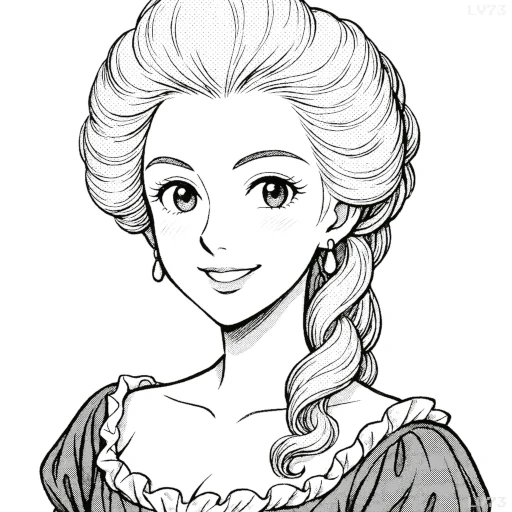“I have begun the ‘History of England’ by Mr. Hume. It seems to me very interesting, though it is necessary to recollect that it is a Protestant who has written it.”

- November 2, 1755 – October 16, 1793
- From the Duchy of Austria, Holy Roman Empire
- Queen
table of contents
Quote
“I have begun the ‘History of England’ by Mr. Hume. It seems to me very interesting, though it is necessary to recollect that it is a Protestant who has written it.”
Explanation
In this quote, Marie Antoinette discusses her reading of David Hume’s “History of England”, expressing her intellectual engagement with the work while acknowledging the religious perspective of the author. Hume, a Scottish philosopher and historian, was a Protestant, and Marie Antoinette’s comment reflects her awareness of how Hume’s religious background might influence his portrayal of English history, particularly concerning issues like the relationship between the monarchy and the Church or the religious conflicts that shaped England’s political landscape. Her remark suggests a level of critical thinking—recognizing that historical accounts can be shaped by the author’s personal or cultural biases, especially when it comes to matters as significant as religion and politics.
Historically, this quote sheds light on Marie Antoinette’s intellectual curiosity, which was often overshadowed by her public image as a frivolous and out-of-touch queen. By taking an interest in history and engaging with the work of a prominent thinker like Hume, she demonstrated a desire to understand the political and historical forces shaping the world around her. Her reference to Hume’s Protestantism also reflects the sectarian divisions of the time, especially between Catholic France and Protestant England, and the political implications of these differences in shaping the narratives of national histories.
In modern terms, this quote can be seen as a reminder of how biases—whether cultural, religious, or ideological—can shape our understanding of history and other subjects. It also underscores the importance of critical reading and the need to be aware of an author’s background when engaging with historical texts. Intellectual curiosity and the willingness to consider different perspectives are timeless qualities that continue to be valued today, especially when engaging with complex or controversial topics.
Would you like to share your impressions or related stories about this quote in the comments section?


